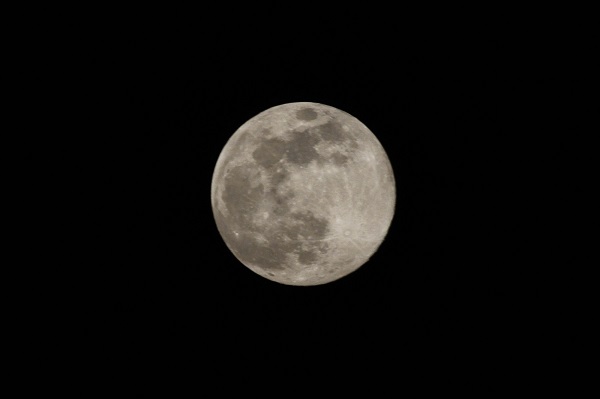Paris, (Asian independent) The European Space Agency has announced discontinuation of its cooperation on Russia’s Luna series of robotic moon missions, amid the country’s invasion into Ukraine.
ESA’s Director General Dr Josef Aschbacher initiated a comprehensive review of all activities currently undertaken in cooperation with Russia and Ukraine.
The review was to determine the possible consequences of this new geopolitical context for ESA programmes and activities and to create a more resilient and robust space infrastructure for Europe, officials said in a statement.
“ESA will discontinue cooperative activities with Russia on Luna-25, -26 and -27,” the statement said. “As with ExoMars, the Russian aggression against Ukraine and the resulting sanctions put in place represent a fundamental change of circumstances and make it impossible for ESA to implement the planned lunar cooperation,” it added.
The agency said its PILOT-DA landing camera will be taken off the Luna 25 mission, which is scheduled to launch later this year. Instead, an alternative flight opportunity to test the ESA navigation camera is being procured from a commercial service provider, the ESA said.
The Luna 27 rover, planned for 2025, was expected to feature a Europe-built optical navigation system relying on artificially intelligent image analysis, and a subsurface drill designed to obtain samples of lunar soil from depths of up to 1 metre.
The drill will now fly to the Moon on board a NASA-led Commercial Lunar Payload Services (CLPS) mission, Aschbacher said.
ESA previously suspended cooperation with Russia on the ExoMars rover mission, expected to launch on Russia’s Proton rocket in September.
Aschbacher said the agency is now conducting a series of studies to evaluate the possible ways forward for ExoMars without Russia.
The ESA also discussed the future of its small Vega rocket, which relies on Ukraine-built engines in its upper stage, Space.com reported.
The engines are manufactured by the Ukrainian company Yuzhmash, which is based in the tech city of Dnipro. Although Dnipro has been under heavy bombardment, there have been no official reports so far about damage to Yuzhmash. It is, however, clear that ESA doesn’t expect to continue its partnership with the company in the future.
“We now have sufficient engines for 2022 and 2023,” Aschbacher said. “We are working on options for 2024 and onwards based on different technologies.”
“We are working on engine opportunities within Europe and outside of Europe, which are either tested or, even better, already existing and fully qualified,” Daniel Neuenschwander, ESA’s director of space transportation, was quoted as saying.








